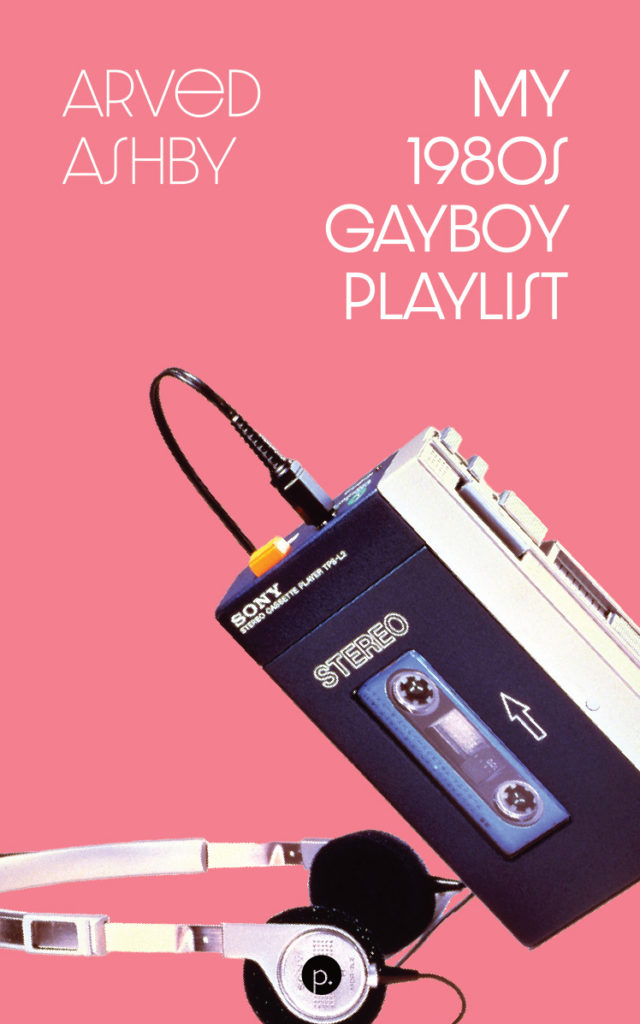My 1980s Gayboy Playlist centers on eight musical works that impacted the author’s sexual and musical awakening as a troubled gay adolescent, including pieces by Tchaikovsky, Chopin, Beethoven, Anton Bruckner, Alban Berg, Prince, Kurt Cobain, and Tom Petty. Preferring Alban Berg over Van Halen in the 1980s was a serious aberration in the small Midwestern town where Ashby grew up. Attempting to understand Tchaikovsky’s melodic beauties and Prince’s and Chopin’s musical intensities, he found it easier to grasp his own fetishes and sensual pleasures. His lack of success in becoming a proper musician taught him the limitations of the body, but also showed him the viability of queer failure. Ashby’s book doesn’t just explore musical and sexual jouissance so much as it speculates on music’s capacities for love, abjection, pleasure, pain, eros, power, and obsession, while reflecting upon the liaisons between music and desire, aural gratification and the body.
Ashby shares memories both intimate and far-reaching, but his book is not a conventional autobiography, disavowing as it does obligations to factuality and argument. In their stead, he offers the liquid self-reflexivity of Proust and the auto-theory provocations of Maggie Nelson, Paul Preciado, and McKenzie Wark. Without letting go of his scholarly expertise as a musicologist, Ashby writes poetically and playfully, outing himself in and through his work, with a humor and radical intimacy that are taboo in academic musicology.
My 1980s Gayboy Playlist ultimately illuminates what queer theorist Leo Bersani has called the gayboy’s inelegant “apprenticeship in desiring.” Ashby grew up queer, secluded, and music-dependent in the rural Midwest, and he found his awkward bliss at the start of the era that witnessed AIDS and the rise of the Moral Majority. In Ashby’s exurban outskirts, gayness was a thing feared, because unseen and unfathomed, but his musical intimacies made his own, personal closet endurable. They also helped him to survive his mis-education, to overcome failures of expression, and to craft a sexual awakening into something more rich and more strange.


